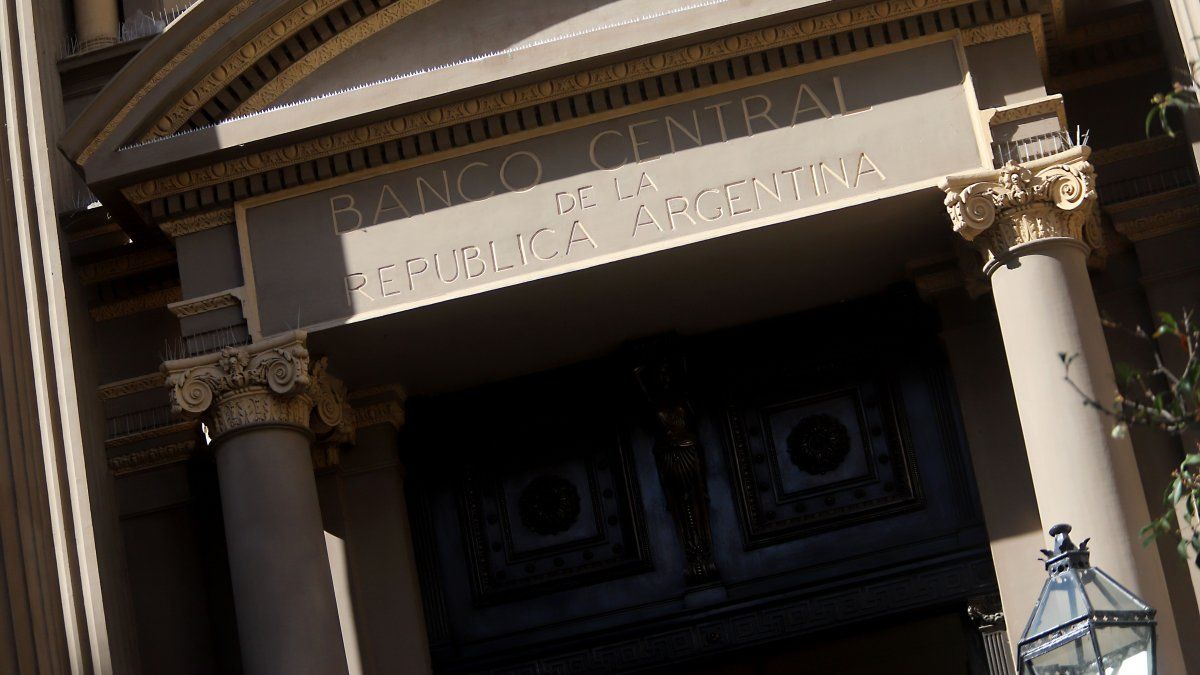The war in Ukraine has caused difficulties for livestock farmers: They are hit particularly hard by the extremely high costs for feed, energy and fertilizer.
The war in Ukraine has unexpectedly put many farmers in a difficult economic situation: the lack of wheat deliveries from the Eastern European country has diverted the global flow of goods.
Feed, fertilizer and energy have risen sharply in price. It is not yet clear whether farmers will be able to pass on their significantly higher costs. “We also need producer price increases in the current contracts, otherwise some farms will not survive,” says Friedrich-Otte Ripke, President of the Central Association of the German Poultry Industry (ZDG).
Farmers who have recently invested in their stables in order to keep their animals according to higher quality, more animal welfare-friendly husbandry standards are particularly affected. Because of the investments, these companies also have to pay a high debt service to their banks – but all of a sudden the calculations are no longer valid because of the Ukraine war, says Ripke. This also threatens animal welfare progress.
Organic farmers particularly affected
Organic farms in particular obtain their GMO-free protein feed from the Ukraine and the Black Sea region, says Holger Hennies, President of the Lower Saxony Landvolk: “There are no other suppliers for GMO-free feed.” This affects the entire processing industry, i.e. pig and poultry fattening. The result: in a few weeks, the warehouses with organic feed should be empty. Then the organic livestock farmers would have to switch to conventional feed. That also applies to egg production, says Ripke. Whether the companies can then keep their organic seal is up to the EU. The association president demands that the strict rules should be temporarily suspended.
Pet owners in particular are feeling the effects of the extremely high prices. This applies not least to pig farmers, who have already suffered from dramatically low producer prices over the past two years, reports Hubertus Berges, who fattens pigs in the Cloppenburg district. Feeding an animal until it is ready for slaughter currently costs him 120 euros. Before each stabling, the fatteners would have to ask themselves whether they would take the risk or whether it would be better to leave the fattening area empty. Because the development of feed prices cannot be estimated at the moment. «Four weeks ago I paid 24 euros per 100 kilos for a delivery of feed. Now there are almost 40 euros per 100 kilos, that’s crazy.”
In the poultry sector, the turkey farmers already have 20 percent vacancies in the stables, says Ripke. This development had already started before the Ukraine war because they no longer achieved reasonable prices. In the broiler fattening industry, the first farmers were now considering leaving the stalls empty. “We need higher producer prices for the costs of energy and feed.”
Source: Stern
Jane Stock is a technology author, who has written for 24 Hours World. She writes about the latest in technology news and trends, and is always on the lookout for new and innovative ways to improve his audience’s experience.




